The Struggle to Protect Farmers’ Seed Systems
The following is a summary of a policy brief by the Institute for Agriculture and Trade Policy about the unhealthy control industrial agriculture has over family farming around the world.
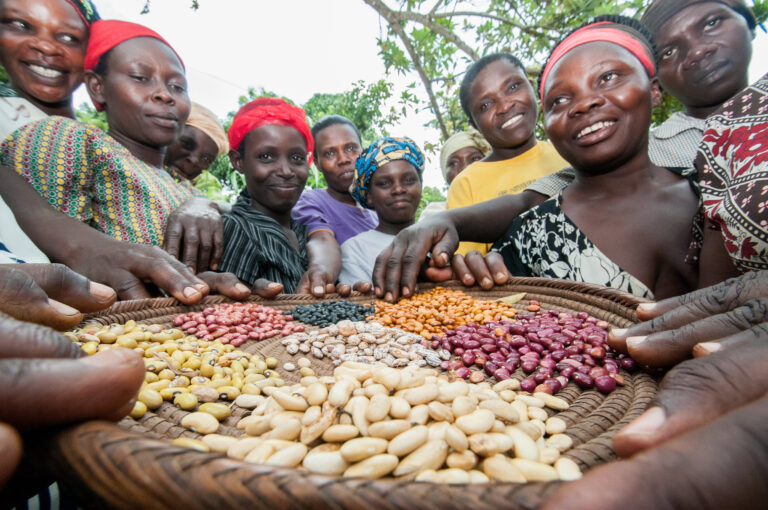
The following is a summary of a policy brief by the Institute for Agriculture and Trade Policy about the unhealthy control industrial agriculture has over family farming around the world.
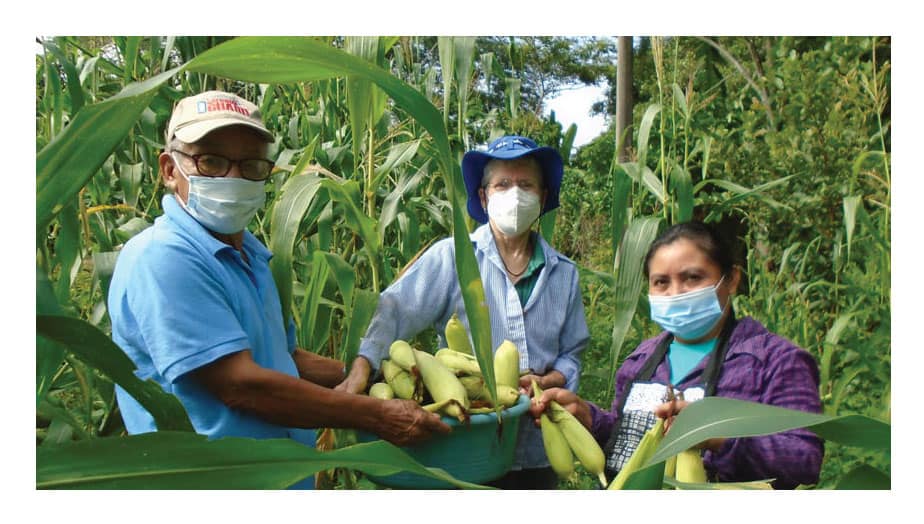
Caritas Internationalis released the following statement on World Food, Oct. 16, urging the global community to address “food injustice” stemming from a disregard for those most overlooked in society.
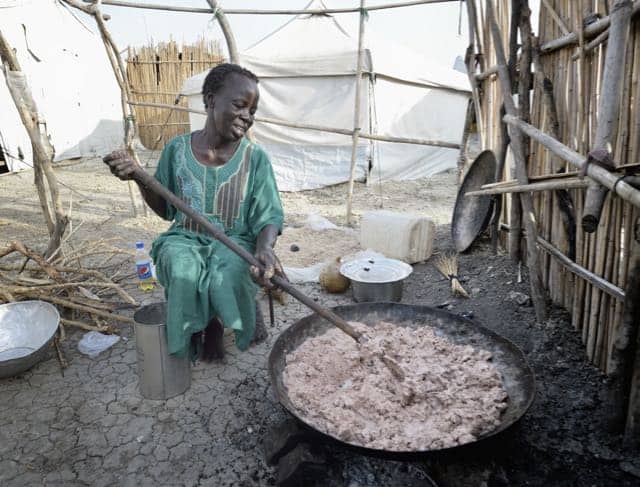
If the pandemic taught us anything it is that prevention is more humane and much less expensive than waiting to respond. The lack of political will and institutional failure to act quickly before the worst-case hits means people are being left to lurch from crisis to crisis. People are not starving; they are being starved.
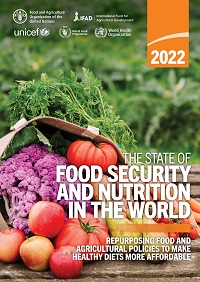
World hunger and severe food insecurity grew in 2021, making the world’s goal of achieving “zero hunger” by 2030 even more unlikely.
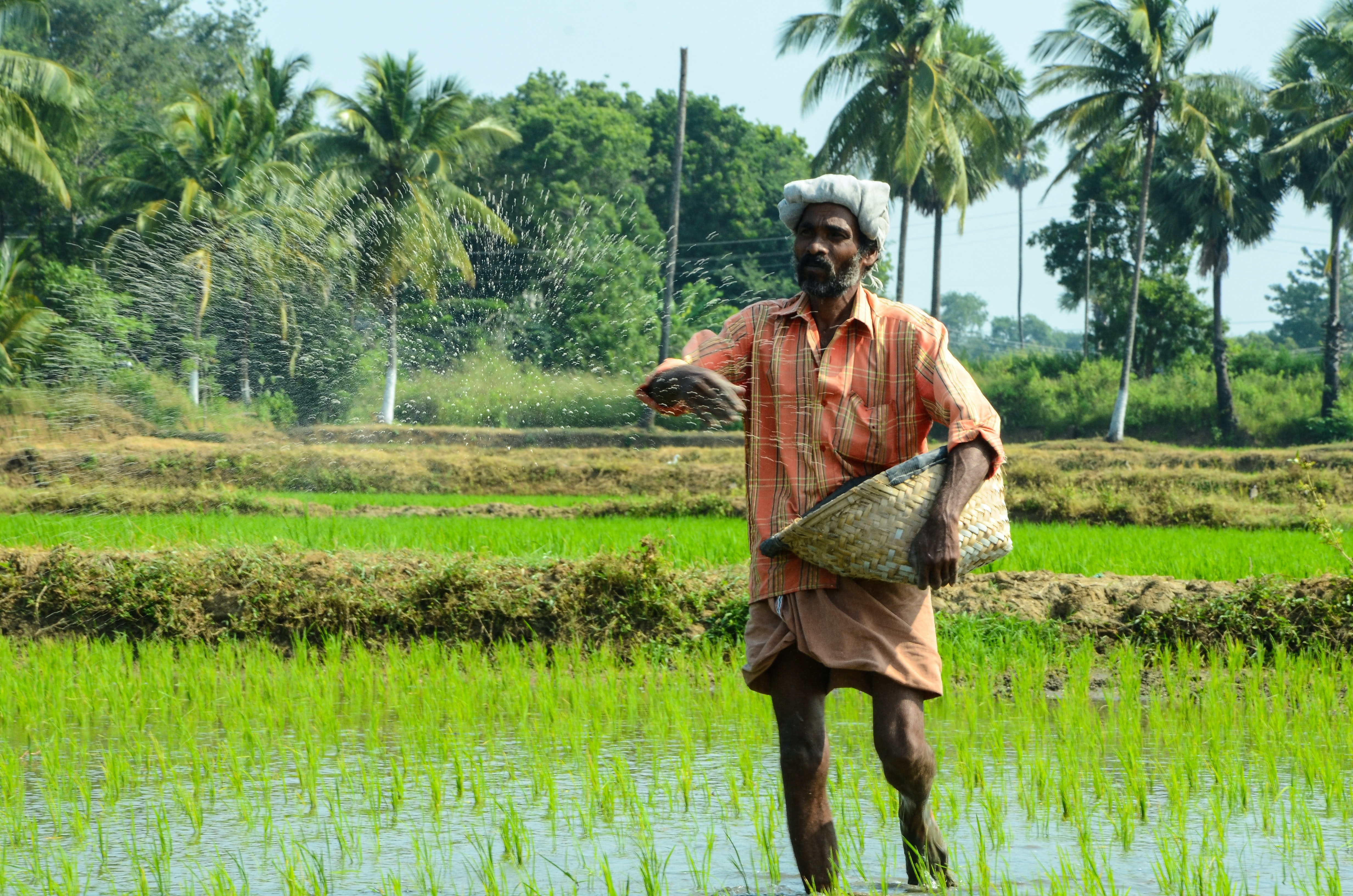
A UN report released after the first-ever Food Systems Summit in September 2021 focuses on enhancing the resilience and sustainability of global food systems.
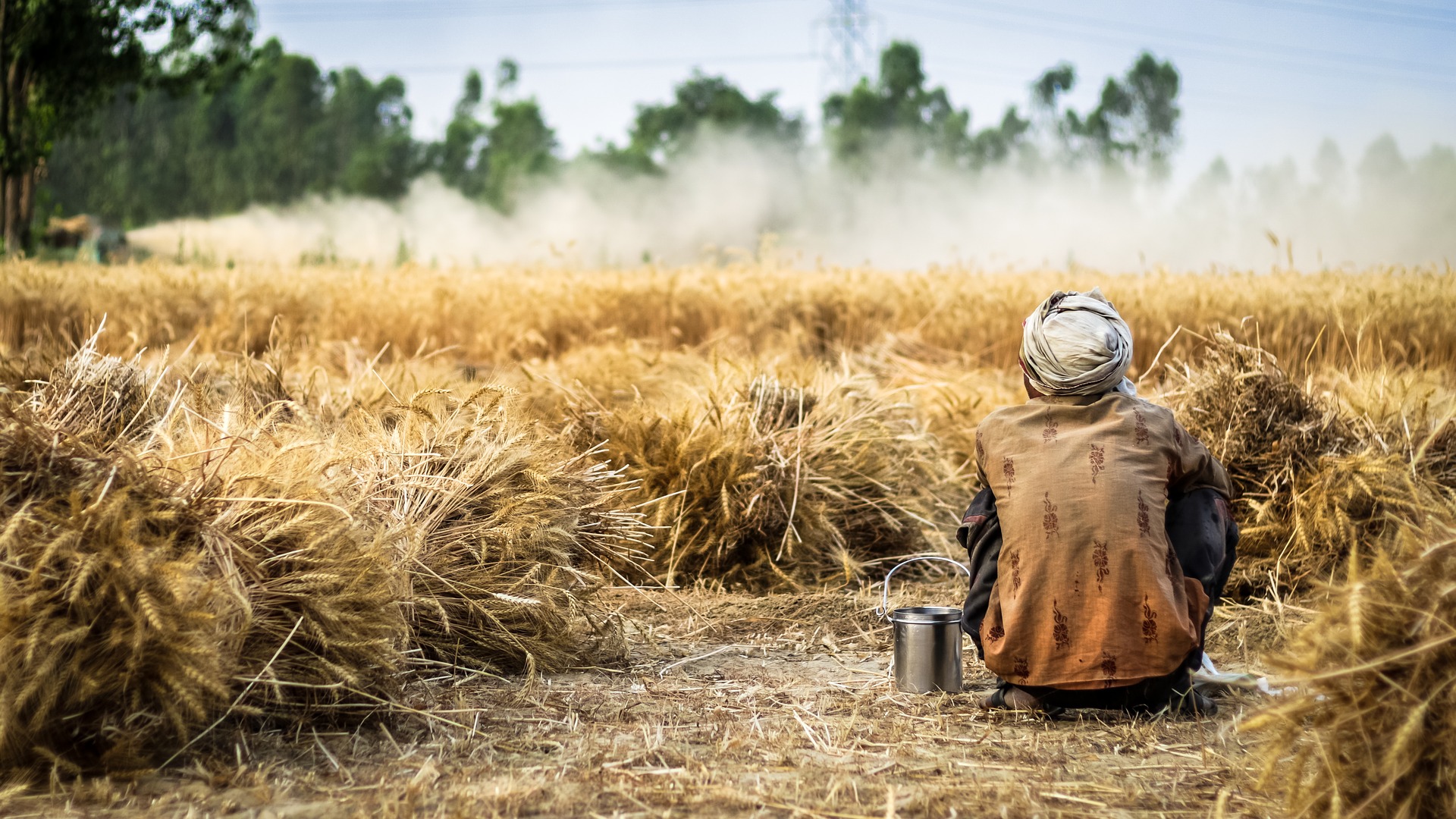
U.S. farm, food and trade justice advocates call on Pres. Biden to end the pro-corporate agriculture agenda in U.S. international policy and work more collaboratively with partners at UN food agencies.
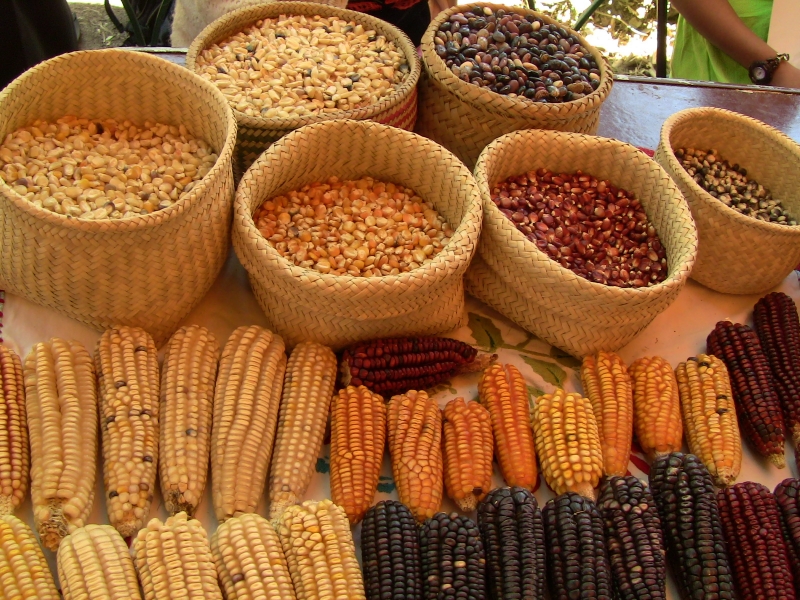
The following report was written by our colleague Njoki Njoroge Njehu, executive director of the Daughters of Mumbi Global Resource Center in Nairobi, Kenya.
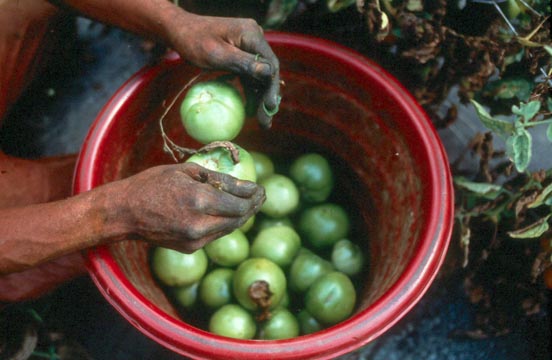
The MOGC and colleagues signed the following statement in support of the Global Food Security Act of 2013.
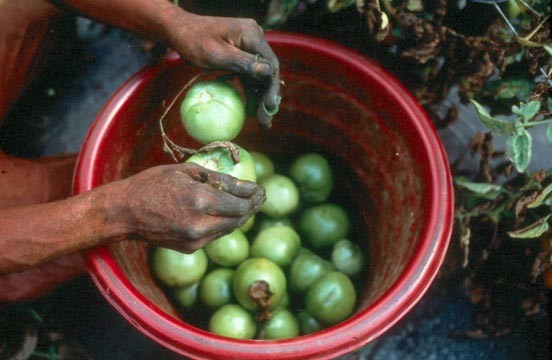
Br. Dave Andrews, CSC, who has worked for years on food justice issues, spoke to the participants at the 2013 Ecumenical Advocacy Days gathering.
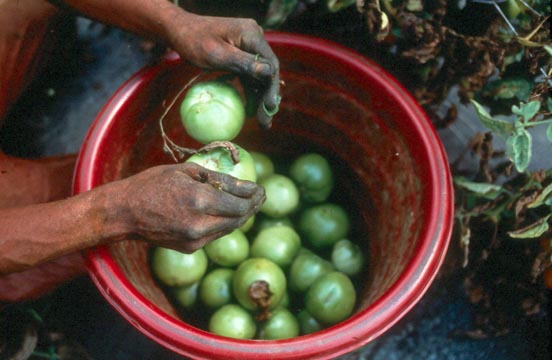
In recent years industrial agricultural corporations and financial actors have taken control over many aspects of the global food industry including land, production processes, and even the pricing. At the same time governments and multilateral organizations increasingly are embracing and promoting private sector solutions in the struggle against hunger and malnutrition without adequate public regulation of existing conflicts of interest. As all of this unfolds, concerns escalate that the people suffering from hunger and malnutrition will have even less access to food and to the resources to grow food for themselves. Moreover, these very people may even lose their voice in the political decision making process around food policy. The following article in the November-December 2012 NewsNotes looks at recent attempts to identify and address these concerns as hunger around the world only increases.